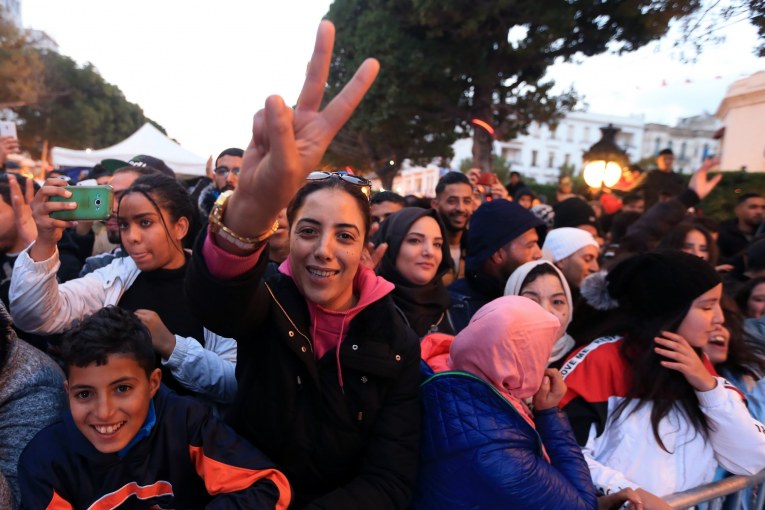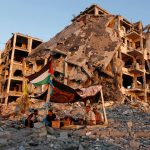President Trump’s sudden announcement that he’s pulling U.S. troops out of Syria and shrinking their number in Afghanistan has prompted a new debate about American ground forces in the Middle East and whether keeping them there is vital or not. I’m asking myself the same question. To answer that question, though, I need to start with another question:
Why is it that the one Arab Spring country that managed to make a relatively peaceful transition from dictatorship to a constitutional democracy — with full empowerment for its women — is the country we’ve had the least to do with and where we’ve never sent soldiers to fight and die? It’s called Tunisia.

Yes, Tunisia, the only Middle East country to achieve the ends that we so badly desired for Iraq, Syria, Egypt, Libya, Yemen and Afghanistan, did so after having hosted more U.S. Peace Corps workers over the last 50 years than U.S. military advisers and after having received only about $1 billion in U.S. aid (and three loan guarantees) since its 2010-11 democracy revolution.
By comparison, the U.S. is now spending about $45 billion a year inAfghanistan — after 17 years of trying to transform it into a pluralistic democracy. That is an insane contrast. Especially when you consider that Tunisia’s self-propelled democracy is such an important model for the region, but an increasingly frail one.
Why could Tunisia transition to democracy when others couldn’t? It starts with its founding father, Habib Bourguiba, Tunisia’s leader from independence, in 1956, to 1987.
Though he was a president-for-life like other Arab autocrats, Bourguiba was unique in other ways: He kept his army very small and did not waste four decades trying to destroy Israel; he was actually a lonely voice calling for coexistence.
He educated and empowered Tunisian women and allowed relatively strong civil society groups to emerge — trade unions, lawyers’ syndicates, women’s groups, who were vital to toppling Bourguiba’s tyrannical successor and forging a new Constitution with Tunisia’s Islamic movement. Tunisia was also blessed by having little oil, so it had to invest in its people’s education.
Tunisia, in short, had the cultural underpinnings to sustain a democratic revolution. But political and cultural transformations move at different speeds. The U.S. (myself included) wanted to rush the necessary cultural transformation of Afghanistan and Iraq, but as Peter Drucker once noted, “Culture eats strategy for breakfast.” That fact — plus our own incompetence and their corruption — has eaten alive the U.S. democracy efforts in Iraq and Afghanistan.
All of this shapes how I think about Trump’s abrupt order to withdraw from Syria and desire to get out of Afghanistan. I think he is right on Afghanistan. We’ve defeated Al Qaeda there; it’s time for us to negotiate with the Taliban and Pakistan the best phased exit we can — and take as many people who worked for us as we can. Afghanistan has hard countries around it — Russia, Pakistan, India, China and Iran — and they have the ability to contain and manage the disorder there. We gave at the office.









